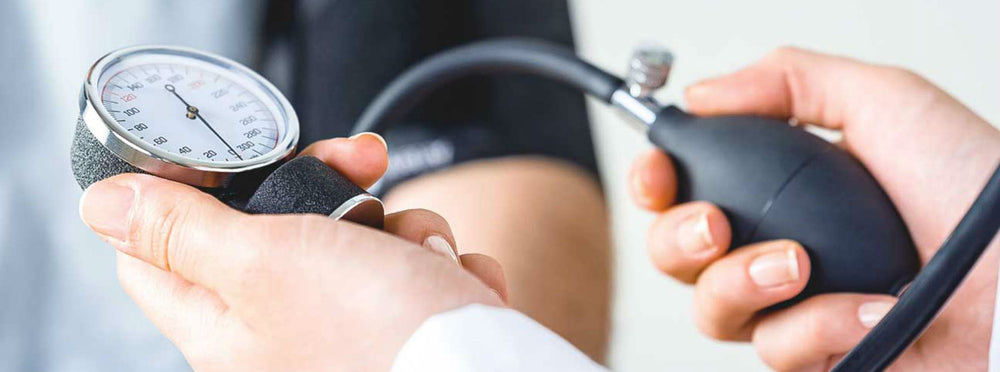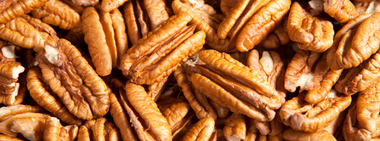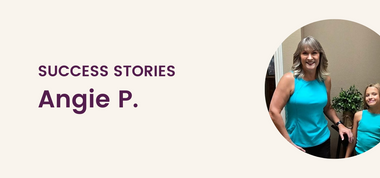How to get rid of high blood pressure for good

Most high blood pressure is referred to as “essential” – because there is no one single factor that can be identified as causing it. But “essential” does not mean “pre-ordained”. Turns out we have a lot of control over our blood pressure readings – so much so that some of us can get off of the medications we take to control it.*
- Stop losing sleep. If you are a snorer and find you are tired during the day, ask your doctor about whether you should be screened for sleep apnea. It’s estimated that 22 million Americans have sleep apnea and that 80% of moderate to severe cases are undiagnosed. Sleep apnea reduces quality of sleep, robbing our bodies of essential rest, causing stress hormones to rise. Those stress hormones can drive blood pressure levels up. Treating sleep apnea can help eliminate high blood pressure altogether – or at the very least make it far easier to control.
- Lose weight if you are overweight. OK – easy to say, hard to do. Get it. But this is one of the most impactful things you can do to lower your blood pressure and reduce your need for medications. Every 20 pound weight reduction can result in a 5 to 20 point reduction in blood pressure. That’s equivalent to the effect of a medication – or two – or three. Weight loss can also reverse sleep apnea, if present.
- Ditch the sodium. If you eat out or purchase pre-made foods at the supermarket, chances are very high that you are awash in sodium. Everyone should consume under 2300 mg of sodium per day (that’s the equivalent of a teaspoon of salt). If you have high blood pressure or a tendency to higher readings, you should keep your sodium consumption below 1500 mg. That gets really challenging if you don’t cook everything from scratch. A plain bagel alone may contain 450 mg of sodium. And how important is sodium reduction? In communities where sodium consumption is minimal (under 500 mg per day), hypertension does not exist.
- Eat more plants. A diet high in fruits and vegetables (and reduced in sodium), known as the DASH diet, is as effective as a medication in reducing blood pressure readings. Add more beans, leafy greens, fruits, vegetables, nuts and seeds, and whole grains. The antioxidants, fiber and omega 3 fatty acids don’t only help lower blood pressure. They help lower cholesterol too!
- Cut back on caffeine. Although some people are truly tolerant, many experience blood pressure increases in response to consuming coffee and other caffeinated compounds in higher quantities. Limiting your caffeine intake to 200 mg per day is reasonable – that’s the equivalent of a couple of cups of coffee. To see if caffeine might be raising your blood pressure, check your blood pressure before drinking a cup of coffee or other caffeinated beverage and again 30 to 120 minutes afterward. If your blood pressure increases by about five to 10 points, you may be sensitive to the blood pressure raising effects of caffeine.
If you have high blood pressure, Step One Foods can help. Almost all our products contain minimal to no sodium, and they’re composed entirely of plants – which means they’re full of nutrients that help lower blood pressure. And they help to keep you full while delivering only 320 calories per day (for 2 servings, on average). And in case you’re wondering, given that chocolate can be a source of caffeine, the Dark Chocolate Crunch Bar contains only 12 mg – so no worries there.
Finally, going back to point #1, if you think you might have sleep apnea – or are not sure if your snoring is a concern – talk to your doctor. Sleep apnea has multiple deleterious health effects that go far beyond high blood pressure. And the best part is that it can be treated – with various options available, not just the mask.
*We never advise that anyone stop or reduce any medication without their doctor's approval and oversight.

Tested & Proven Results.
- Cardiologist formulated
- Supported by over 500 publications
- Clinically-proven, in a double-blind randomized trial with Mayo Clinic and The University of Manitoba
80% of participants lowered their cholesterol in just 30 days. With just two servings per day, Step One Foods offers a proven-effective way to naturally lower LDL (bad) cholesterol.
Get heart health tips and articles like this, delivered right to your email.
New articles every week.
You may also like...

The Next Super Food: How Pecans Help Lower Cholesterol

You don’t need to avoid foods with cholesterol…except for these



